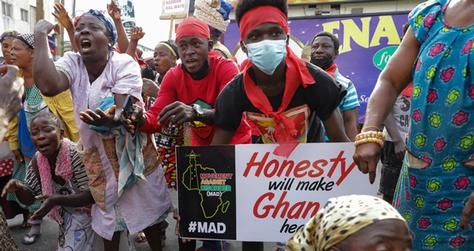On August 6, 2025, Ghana was plunged into mourning when a military helicopter carrying senior government officials crashed during an anti-illegal mining operation, killing all eight on board.
But even as the nation grieved, the tragedy ignited a firestorm of controversy: within hours, a radio presenter accused President John Dramani Mahama of orchestrating the deaths, while two TikTok users mocked the fallen and issued chilling threats to assassinate the president and his wife before year’s end.
The episode has thrown Ghana, long hailed as a democratic model in Africa, into a wrenching debate about the limits of free expression. At stake is the very balance between constitutionally protected speech and the corrosive power of misinformation, hate speech, and political propaganda in an era dominated by digital media.
From Mourning to Outrage
The victims of the crash included Defense Minister Edward Omane Boamah, Environment Minister Ibrahim Murtala Mohammed, Deputy National Security Coordinator Alhaji Muniru Limuna, and several military officers.
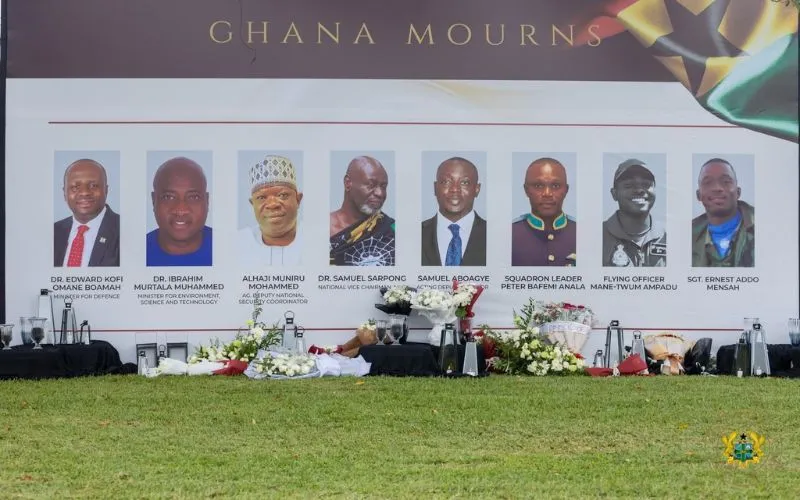
Their mission was to combat the environmental devastation caused by illegal mining, known locally as galamsey.
Condolences poured in from across the political spectrum, as citizens described the officials as patriots who died in service to their nation. Yet the mourning period was swiftly disrupted.
A prominent radio host declared live on air that President Mahama had “blood on his hands,” while videos circulated online celebrating the deaths as political “justice.”
The backlash was immediate. Civil society groups, religious leaders, and journalists denounced the remarks as reckless and incendiary. But the controversy revealed how quickly Ghana’s vibrant culture of free expression, once its greatest democratic strength, is being manipulated to sow division.
When Speech Crosses the Line
The recent uproar follows a troubling pattern. Earlier this year, a traditional chief’s critical remarks about the Asante royal stool unleashed a torrent of online trolling, ethnic slurs, and community clashes that risked inflaming old tensions.
Observers say these incidents illustrate a dangerous erosion of public discourse, where criticism and debate have given way to hate speech and misinformation.
Dr. Kwame Asah-Asante, a Senior Lecturer at the University of Ghana’s Political Science Department said this is no longer about fair comment .
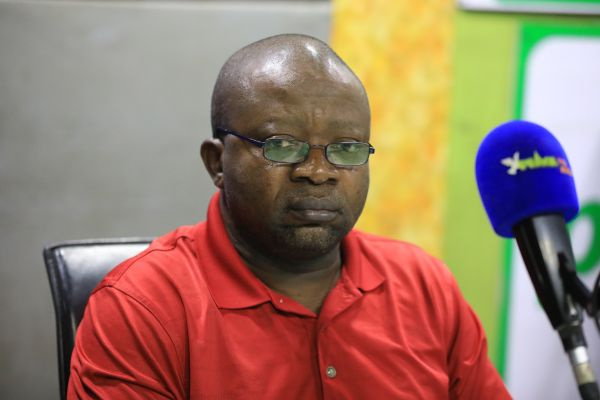
“We are seeing speech weaponized to destroy reputations, undermine trust in institutions, and even incite violence. That is not what our Constitution envisioned,” he said.
Constitutional Freedoms, Constitutional Limits
Ghana’s 1992 Constitution enshrines freedom of speech and press independence as cornerstones of its democracy. Article 21 guarantees the right to “freedom of speech and expression, including freedom of the press,” while Article 162 grants independence to the media. These provisions have helped Ghana earn international praise as a beacon of press freedom in Africa.
Read Also: The Stolen Future: How Ghana’s Youth Are Weaponized in By-Election Battlegrounds
Yet those freedoms are not absolute. Article 164 permits restrictions where speech threatens national security, public order, dignity, or incites violence. Still, enforcement has been inconsistent, with regulators often accused of political bias or lacking the resources to monitor the rapidly expanding digital space.
Why the Abuses Are Growing
Analysts point to a combination of factors: the explosive growth of social media platforms, partisan polarization, and weak civic education on responsible communication.
Political parties, activists, and influencers increasingly weaponize platforms like TikTok and Facebook to score points against rivals, often with little regard for accuracy or consequences. The digital age has given everyone a microphone, but not everyone uses it responsibly.
Nana Ama Mensah, a media policy analyst says “the result is an environment where lies spread faster than facts, and where threats and insults drown out constructive debate.”
The consequences, experts warn, extend beyond reputations. Abusive speech can inflame ethnic divisions, erode trust in democratic institutions, and even endanger lives.
Searching for Solutions
Ghanaian regulators are now under mounting pressure to act. The National Media Commission, National Communications Authority, and Ghana Journalists Association have been urged to enforce stricter standards on broadcasters, while civil society groups are calling for social media companies to take down harmful content more swiftly.
Law enforcement has also been criticized for failing to prosecute cases of online threats and incitement.
“We cannot allow freedom of speech to become freedom to terrorize,” said Samuel Okudzeto Ablakwa, Foreign Affairs Minister
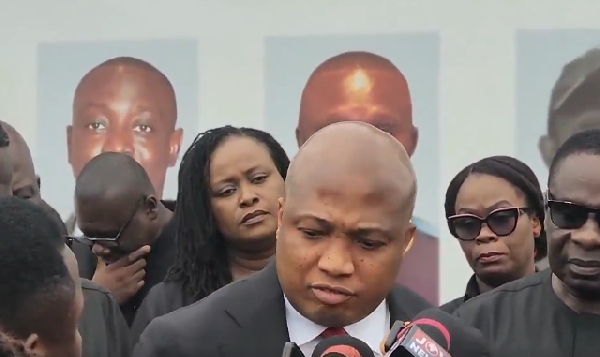
He therefore urged for bipartisan support for reforms.
But solutions extend beyond regulation. Civic educators emphasize that citizens themselves must learn to distinguish between criticism and abuse. Schools, churches, and community groups are being called on to promote media literacy and responsible speech.
A Fragile Crossroads
For decades, Ghana has been celebrated as a democratic success story, where robust debate and a free press set it apart from many of its neighbours. But the recent spate of incendiary rhetoric has exposed fault lines that threaten to undermine those gains.
The Very Reverend Professor Emmanuel Martey, a Former Moderator of the General Assembly of the Presbyterian Church of Ghana (PCG) says the world admires Ghana because of our democracy.
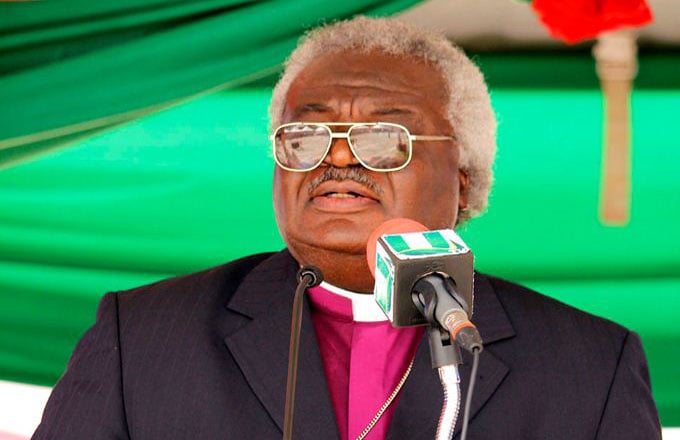
He further added “but if our words become weapons, we risk tearing apart the very fabric of our nation.”
The challenge, experts agree, is not to silence speech but to balance freedom with responsibility.
As John Stuart Mill warned in his 1859 essay On Liberty: “The liberty of the individual must be thus far limited; he must not make himself a nuisance to other people.”
For Ghana, the stakes could not be higher. If its citizens fail to rein in the darker side of free expression, the nation’s democratic achievements may give way to polarization, distrust, and instability. But if it can find a path forward, one that preserves open debate while curbing abuse, Ghana may once again reaffirm its place as Africa’s democratic standard-bearer.
Source: Edith Nana Esaaba Odoom, MPhil Student at the Department of Communication Studies, UCC















